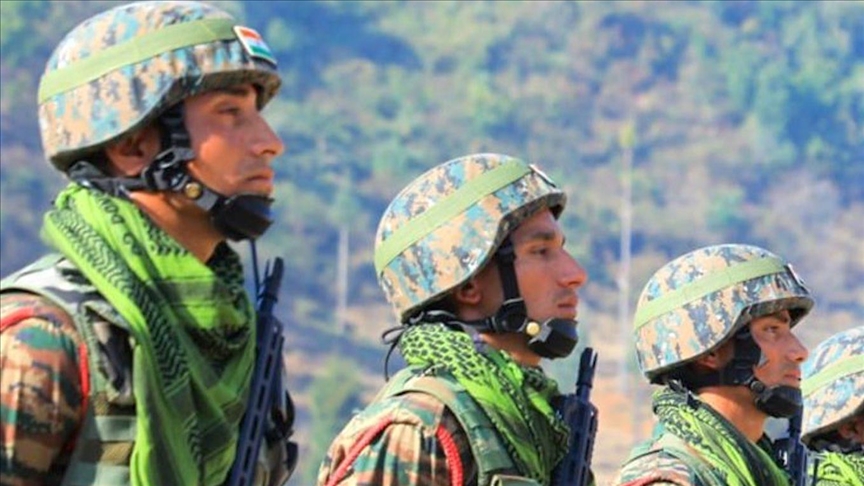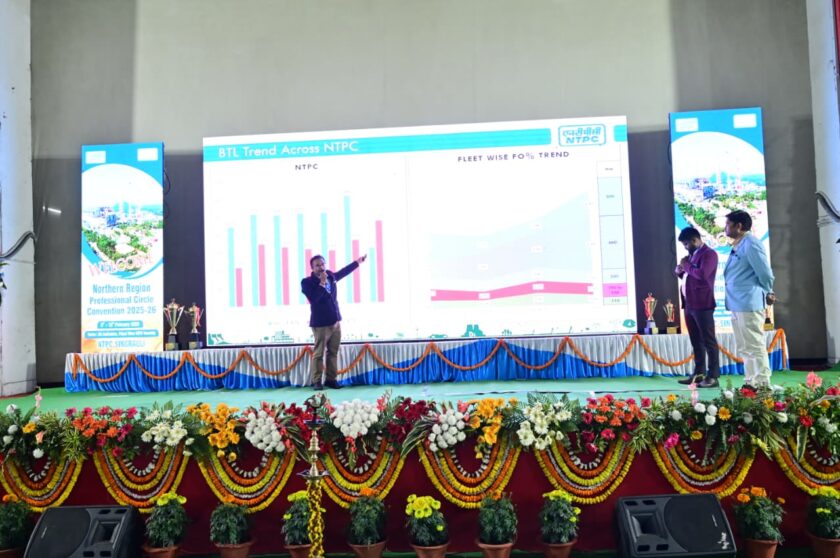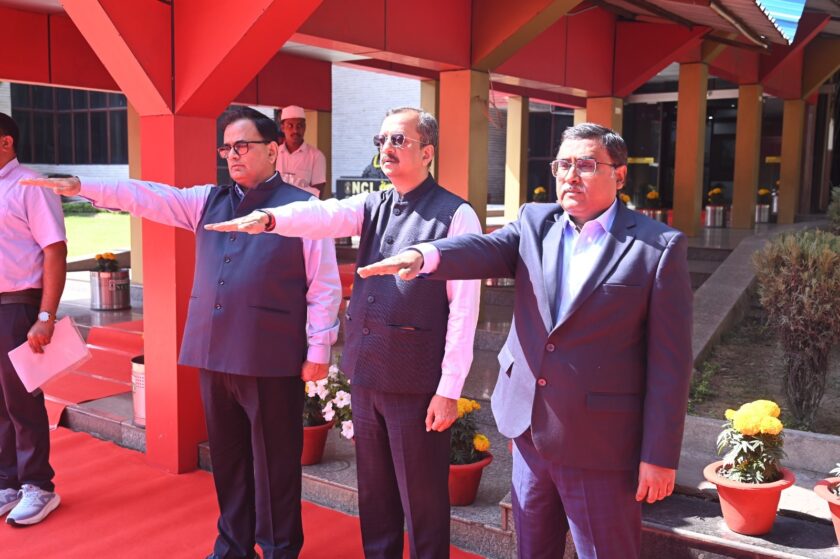New Delhi: In a significant step toward strengthening defence cooperation, India and France will conduct their 8th edition of the bilateral joint military exercise ‘Shakti 2025’ from June 18 to July 1, 2025, in La Cavalerie, France. The Indian Army officially announced the exercise on Thursday via a post on social media platform X (formerly Twitter).
According to the Indian Army, the objective of the joint drill is to enhance the combined operational capabilities of the two nations in conducting multi-domain operations under sub-conventional warfare scenarios.
“The 8th edition of Joint Military Exercise #Shakti between India & France will be conducted at La Cavalerie, France, from 18 June to 01 July 2025,” the Indian Army stated on X.
The joint exercise is expected to foster deeper military ties, increase interoperability, and promote mutual understanding between the armed forces of both nations. Defence officials said that ‘Shakti 2025’ would focus on coordination in complex operational environments, simulated conflict zones, and collaborative tactical planning.
Strategic Importance
The ‘Shakti’ series of military exercises is held alternately in India and France and forms a crucial part of the India-France defence partnership, which has grown steadily over the years. The last edition was held in India in 2023.

This edition assumes added importance as both countries continue to expand defence and strategic cooperation across maritime, cyber, and counter-terrorism domains. The exercise also comes amid growing global emphasis on multi-nation operational readiness in volatile regions.
Military analysts believe the exercise will serve as a platform for sharing combat experience, operational knowledge, and best practices, especially in joint counter-insurgency and counter-terror operations.
With shared democratic values and a commitment to global peace and security, India and France continue to reaffirm their defence collaboration through initiatives like ‘Shakti 2025’, deepening strategic ties and boosting regional stability.










